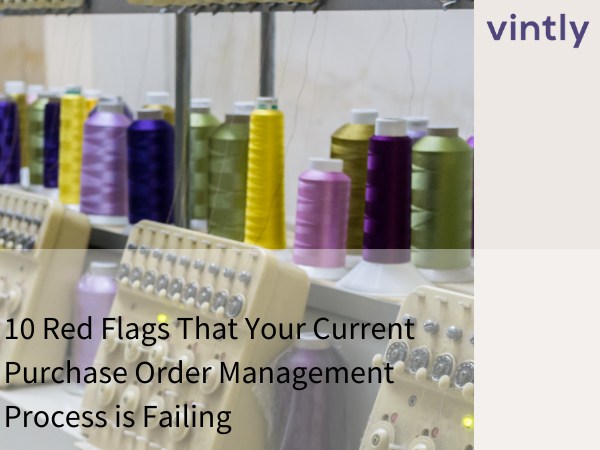Supply chain transparency has become more than just a buzzword—it's now a strategic imperative. This transparency not only involves clear communication and reporting between a company and its suppliers but also extends to how this information is shared with consumers and regulators. The transparency of a supply chain significantly impacts product quality, affecting everything from the raw materials used to the final delivery of products to consumers. Here, we delve into the importance of transparency in the supply chain and how it positively influences product quality.
The Significance of Supply Chain Transparency
Building Trust with Consumers: In an era where consumers are more informed and concerned about how products are made, transparency can be a competitive advantage. A transparent supply chain enhances consumer trust by providing them with insight into the origins of their products and the practices involved in their creation. This level of openness is particularly crucial in industries like food, apparel, and electronics, where ethical concerns and sustainability are becoming increasingly important decision factors for buyers.
Ensuring Compliance and Ethical Standards: Transparency helps ensure that all parties involved in the supply chain adhere to legal and ethical standards. This is especially vital in sectors that are heavily regulated or where the risk of unethical practices is high. By maintaining a transparent supply chain, companies can avoid the repercussions of non-compliance, which can include fines, reputational damage, and lost sales.
Impact of Transparency on Product Quality
Improved Quality of Raw Materials: Transparency in the supply chain helps companies trace the origin of their raw materials and verify their quality. This is crucial because the quality of the final product is directly dependent on the quality of the inputs. For instance, in the textile industry, knowing the exact source of fibers can ensure they meet certain standards of durability and safety before they are woven into garments.
Enhanced Manufacturing Processes: When companies have a clear view of their entire supply chain, they can more effectively monitor and optimize their manufacturing processes. This oversight allows for the identification and correction of inefficiencies or quality lapses in production. For example, if a defect in an automotive part is traced back to a particular batch of materials or a specific supplier's component, the problem can be addressed directly at the source, thereby preventing future issues.
Fostering Innovation: Transparent supply chains foster a collaborative environment where suppliers and manufacturers can work together to innovate and improve products. This collaboration often leads to enhancements in product design, functionality, and quality. For example, a tech company might work closely with its suppliers to develop more robust and efficient components for its devices, directly improving the end-user experience.
Strategies for Enhancing Supply Chain Transparency
Implementing Technology Solutions: Advanced technologies like blockchain and IoT (Internet of Things) can significantly enhance transparency. These tools provide real-time tracking and secure data management, helping businesses monitor their supply chain more effectively.
Supplier Audits and Certifications: Regular audits and requiring suppliers to obtain certain certifications can ensure that they meet the company's standards for quality and ethical practices. These measures help mitigate risks associated with poor quality materials or non-compliance with industry regulations.
Clear Communication Channels: Establishing open and regular communication channels between all stakeholders involved in the supply chain is essential. This ensures that any issues related to product quality are quickly identified and addressed.
The transparency of the supply chain is a crucial factor in ensuring high product quality. It allows companies to maintain control over their inputs, understand and optimize their production processes, and collaborate more closely with suppliers for continuous improvement. As market demands for quality and ethical transparency continue to grow, companies that invest in clear and open supply chains will likely lead the way in customer satisfaction and brand loyalty.
.png)


